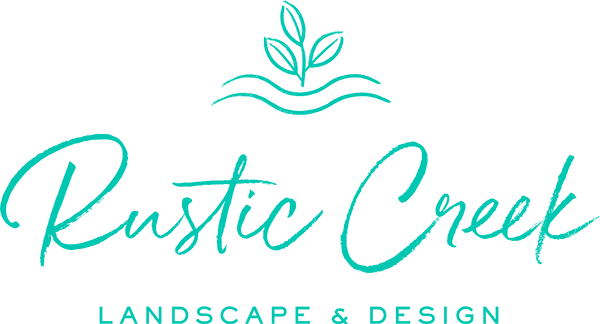When designing your landscaping, there are lots of things to consider. From real grass vs. turf, to bushes vs. trees, to a vegetable garden vs. a flower garden. Today, we’re talking about another head-to-head decision that Arizona homeowners have to face when designing their landscaping: pavers vs. concrete.
There are pros and cons to both options, and what you decide ultimately will have to do with the aesthetic and function you’re aiming for. But generally speaking, there are some pros and cons to consider for both pavers and concrete. We’re going over the biggest ones today.
Pavers
Pavers, or paving stones, are individual stones used to create exterior flooring. They’re made from a variety of materials, and can be arranged and interlocked in a variety of ways. Pavers can be used for driveways, walkways, patios, pool decks, and more.
Pros
- Versatile: Pavers come in many different materials, sizes, shapes, and colors. This means that pavers allow you to create unique and appealing designs in your outdoor flooring.
- Visual appeal: Many people find pavers more visually appealing than concrete, because of their versatility and natural stone look. In fact, pavers can even add to a home’s resale value, since so many people like how they look.
- Easy repairs: Repairing one individual block is much easier than replacing an entire slab of concrete, making maintenance simpler if your pavers get stained, cracked, or otherwise broken.
- Not as slippery: Concrete can be slippery when wet, but often, pavers have a texture that makes them less slippery. (Note: this will depend on the materials used!)
Cons
- Cost: Pavers have to be laid individually, making them much more labor intensive—and therefore, cost intensive—to install.
- Loosening: While maintenance on pavers is relatively simple, there is one thing you definitely need to consider in terms of upkeep: individual blocks are prone to becoming loose. That means that you could potentially have to replace individual blocks to keep them from becoming safety hazards.
- Weeds: When laying pavers, precautions are taken to prevent weeds from growing between the pavers. That said, sometimes, weeds do grow in the cracks, requiring you to treat them regularly.
Concrete
Concrete slabs are also popular options for driveways, walkways, and patios.
Pros
- Simpler installation: Concrete is poured into its designated space, making installation much simpler and quicker than it is for pavers.
- Cost: Additionally, concrete is typically cheaper than pavers, at least upfront.
- Easy to maintain: While concrete may be difficult to repair if substantial cracking occurs, daily or regular maintenance is very hands-off. Concrete is durable and very strong, so there’s no need to worry about loose spots (which you might get with pavers).
Cons
- Appearance: Generally speaking, concrete is less visually appealing than pavers. Most people prefer the customized look that pavers can offer, and concrete has much less versatility and very few design options. Plus, concrete can stain over time, detracting fro its visual appeal.
- Difficult repairs: While everyday maintenance is simple with concrete, any repairs can get very complicated and can also be quite expensive. Any extensive cracking or staining may require that you replace your concrete slab.
- Limited access to ground below: If for any reason you ever need to access plumbing or other utilities below the concrete, it’s quite a big undertaking. With pavers, you can simply remove the stones in the areas you need to access, and then replace them when you’re done. But getting through the concrete, and then replacing it, is a different story.
Whatever option you’re leaning towards for your own landscaping project, make sure you know the pros and cons of both. An experienced landscaping company, like Rustic Creek Landscaping, can help you determine which option best suits your needs and your budget.

